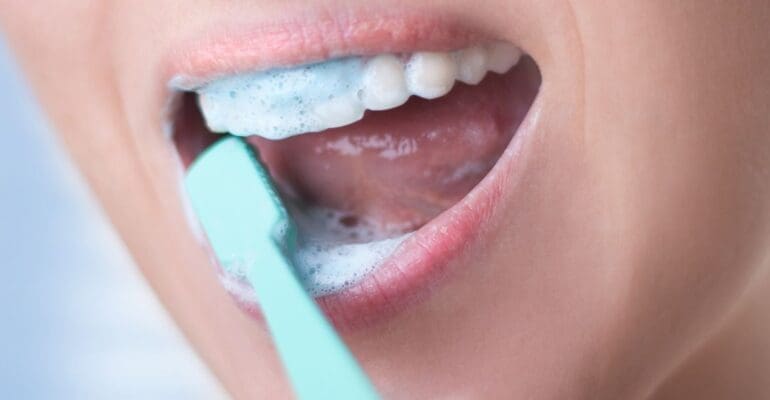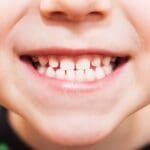Oral Health
Although there is no shortage of dental treatments and procedures, your dental health normally comes down to the basics. As far as oral health goes, the fundamentals mean regular brushing and flossing at home. This is your first line of defense against tooth decay and gum disease. Together with your regular dental exam and cleaning appointments, a regular brushing and flossing routine dramatically lowers the odds that you will need any serious dental procedures down the road.
Prevent Tooth Decay
If you don’t brush and floss your teeth regularly, you are setting yourself up for problems. No matter how clean your mouth is, all of us have oral bacteria, most of which are completely harmless. Some of them, however, feed upon sugars that we consume. As they thrive and accumulate, oral bacteria creates plaque – a sticky film that adheres to teeth.
The problem with plaque is that it tilts the table in favor of the bad guys: in this case, oral bacteria. Plaque creates an acidic environment that damages the tooth enamel, giving entry to bacteria that can penetrate a tooth right down into the dental pulp. A worst-case scenario would be a dental abscess that requires a tooth extraction or root canal to save the tooth.
By simply brushing and flossing regularly at home, you can help prevent this kind of costly and unnecessary dental work.
Gum Disease Prevention
Another common problem, particularly among those who don’t regularly brush and floss, is periodontal disease, more commonly known as gum disease. This is a chronic inflammatory infection of the gums that surround and support the teeth. If gum disease goes untreated, it can progress to the point that teeth begin loosening and falling out.
There is also a connection between your oral health and your overall health. Recent research is building a case that oral bacteria can gain entry into the bloodstream and travel systemically throughout the body, damaging vital organs like the heart and contributing to heart disease.
The best way to protect your oral health and prevent systemic problems is to keep up with your regular brushing and flossing routine at home.
Brushing and Flossing Tips
- Consider adding a mouth rinse to your brushing and flossing routine for an additional layer of defense.
- If you are away from home, at least rinse your mouth out with some water after meals and snacks. When you return home, resume your normal brushing and flossing routine.
- Make a habit of buying a new toothbrush about every three months or so, or more often if you notice that its bristles are frayed.
Dental Exams and Cleanings
If you regularly brush and floss your teeth, you may be leaving little left for your dentist and dental hygienist. However, it’s still important to keep up with those routine dental exam and cleaning appointments, as they work together with your cleaning efforts at home to help prevent tooth decay and gum disease.
Schedule a consultation to learn more!









